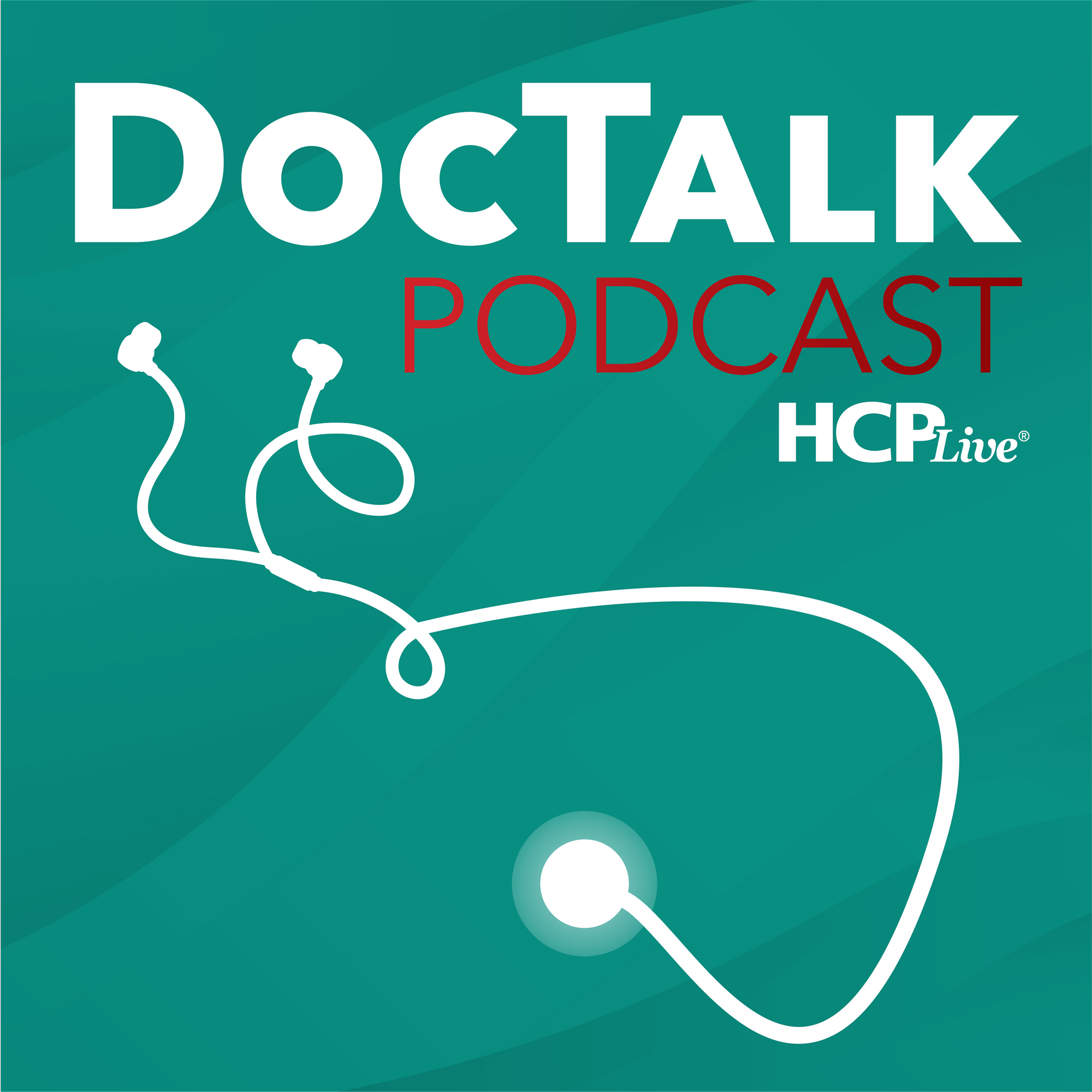Article
High Drug Persistence Observed with Guselkumab for Psoriatic Disease
Author(s):
Previous research had resulted in conflicting results regarding the drug survival of guselkumab, which was shown to be highest among several biologics featured in this larger study.
Zenas ZN Yiu, PhD

New data into the tolerance and efficacy of several biologic therapies for psoriasis determined that guselkumab had the highest overall drug survival associated with the effectiveness and safety of all available therapies in the study.
Investigators suggested that these results could be useful for patients and clinicians when making informed decisions on which biologic therapy would be most effective.
The investigative team, led by Zena ZN Yiu, PHD, from the Center for Dermatology Research at the University of Manchester, England, had previously reported on the drug survival of adalimumab, secukinumab, and ustekinumab via data from the British Association of Dermatologists Biologics and Immunomodulators (BADBIR).
Since then, various studies had publishing conflicting results on the drug survival of other biologics including ixekizumab and gesulkumab.
For this study, Yiu and colleagues used data from BADBIR to provide a “larger up-to-date” perspective on several biologics therapies not included in their previous study.
The BADBIR Registry
Since its inception in September 2007, 165 secondary care dermatology centers have contributed data to BADBIR, which collects data on patients every 6 months for the first 3 years of enrollment and annually thereafter.
The team utilized data from the start of the registry to August 1, 2021, and patients were deemed eligible for inclusion in the new study if they had chronic plaque psoriasis and were recruited or switched into the biologic cohort of BADBIR after initiation of wither adalimumab, ustekinumab, secukinumab, guselkumab, or ixekizumab.
The team developed 2 models following enrollment, one which focused on the outcome of biologic discontinuation associated with ineffectiveness and the second on the discontinuation associated with an adverse event.
The Findings
A total of 16,122 treatment courses were featured in the study. Among them, 6607 (41%) patients received adalimumab, 5405 (33.5%) ustekinumab, 2677 (16.6%) secukinumab, 730 (4.5%) guselkumab, and 703 (4.4%) ixekizumab.
The overall median age at initiation of therapy was 46 years, with a median BMI of 30.4 and a median PASI score of 12.7. There was a notable difference in the biologic cohorts regarding the number of patients with psoriatic arthritis (PsA), with ixekizumab having the most (41%) and ustekinumab the least (23.5%).
Additionally, a larger number of biologic-naïve patients were treated with adalimumab (74.8%).
Overall, the crude survival functions at year 1 of treatment regarding measures of effectiveness was 0.81 for adalimumab (95% CI, 0.80-0.82), 0.89 for ustekinumab (95% CI, 0.88-0.89), 0.86 for secukinumab (95% CI, 0.85-0.87), 0.94 for guselkumab (95% CI, 0.92-0.96), and 0.86 for ixekizumab (95% CI, 0.83-0.89).
As previously stated, guselkumab showed the higher survival in adjusted survival curves from the multivariable model for effectiveness, while adalimumab had the lower survival compared to ustekinumab.
Secukinumab and ixekizumab had similar survival curves over time.
Yiu and colleagues noted that PsA, previous biologic exposure, nail involvement, and ethnicity were effect modifiers for survival in association with treatment effectiveness.
“This information on longer-term treatment effects, safety, and tolerability, along with other factors, such as background comorbidities and patient values, may help patients and their clinicians make an informed decision to initiate treatment with a particular biologic therapy,” the team wrote.
The study, "Drug Survival Associated With Effectiveness and Safety of Treatment With Guselkumab, Ixekizumab, Secukinumab, Ustekinumab, and Adalimumab in Patients With Psoriasis," was published online in JAMA Dermatology.





